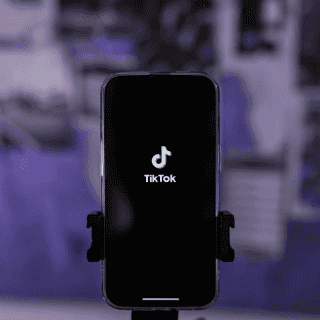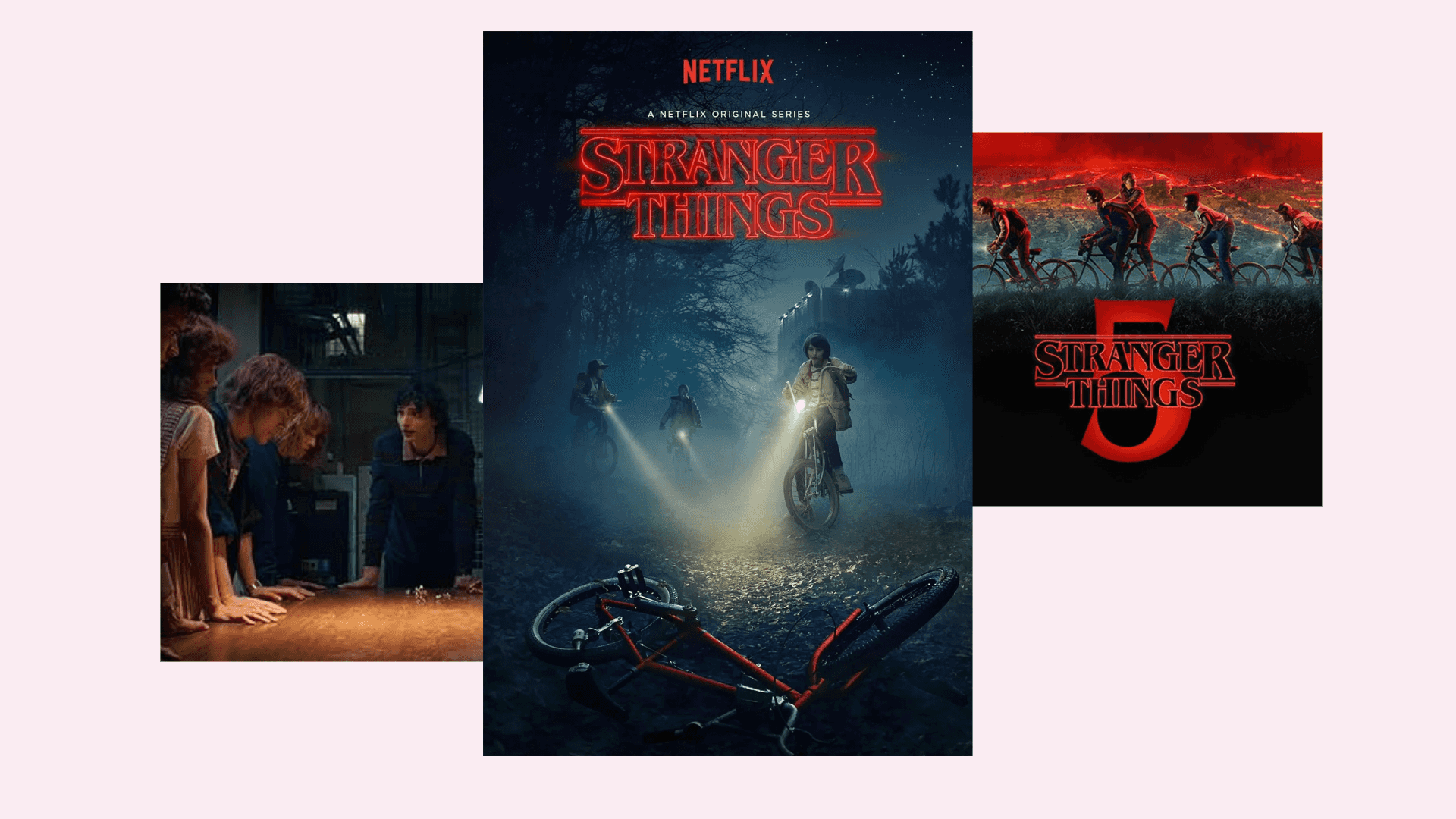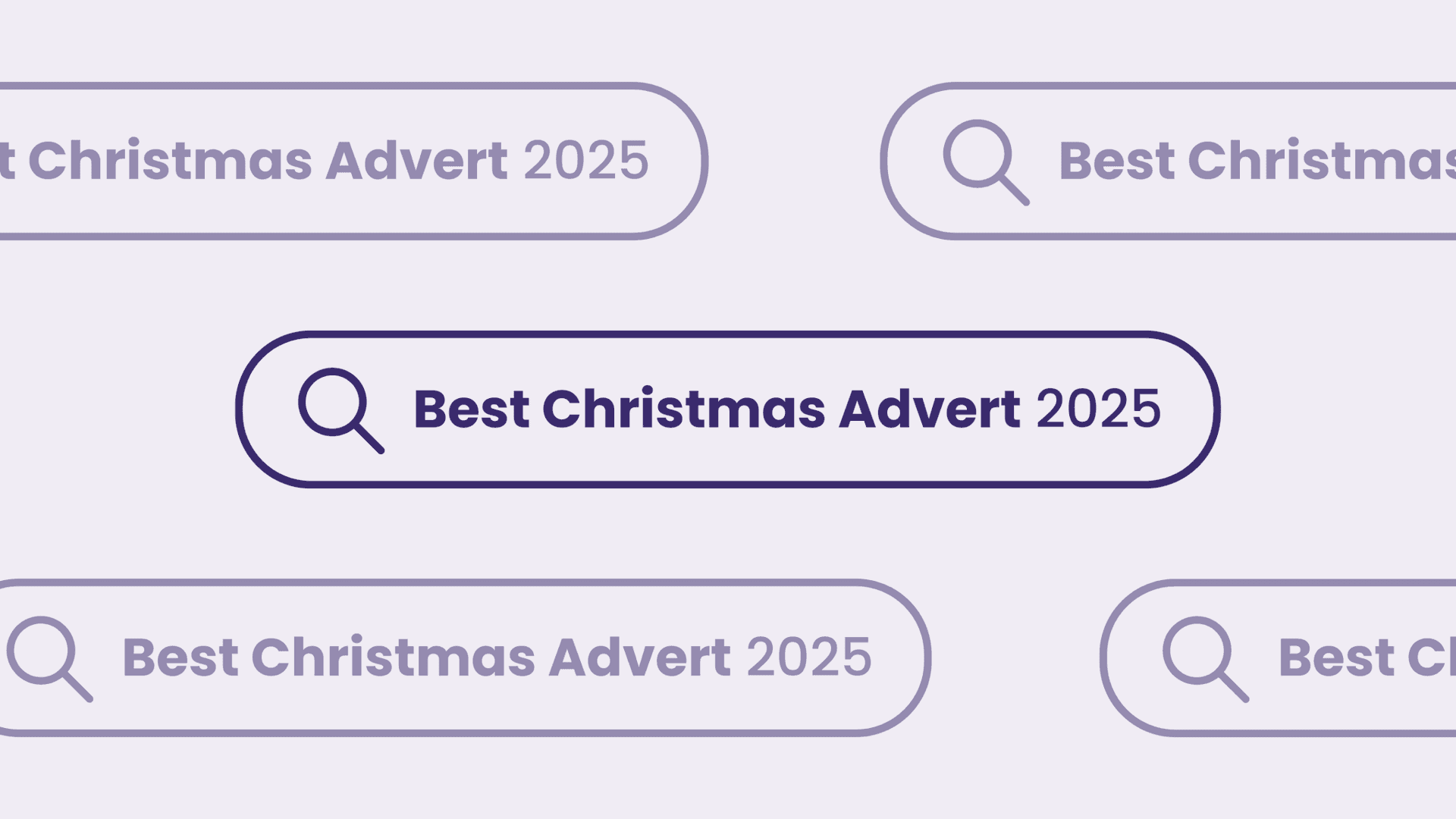That might have made sense at one point, but when most people say “racing,” now, they’re thinking about Formula 1, MotoGP, or track days.
That’s why CUPRA teamed up with the motor racing community to launch a petition. They want Oxford Languages (the source Google pulls from for AI overviews) to redefine “racing” with motor racing as its core meaning.
The petition sums it up.
Interestingly, the Cambridge Dictionary and Merriam-Webster already have broader definitions. But Google’s featured snippet comes from Oxford, so that’s the one people are more likely to use.
What can we learn from this about digital marketing and brand authority?









